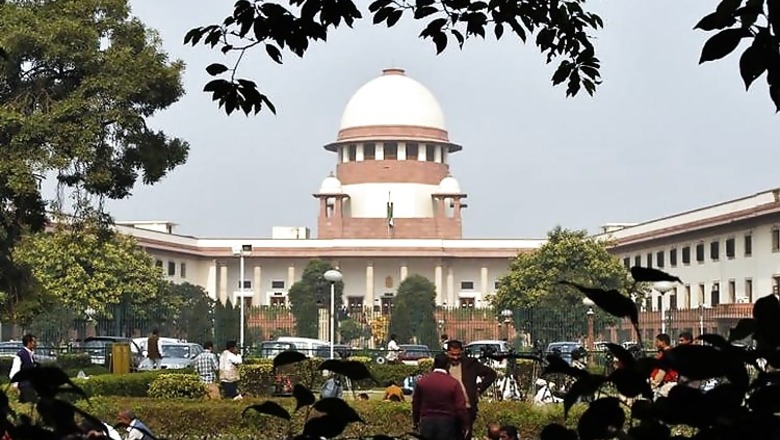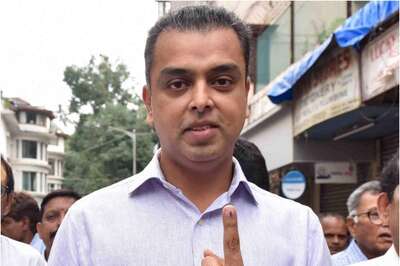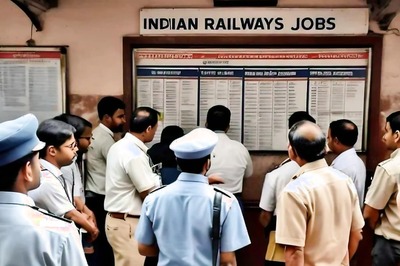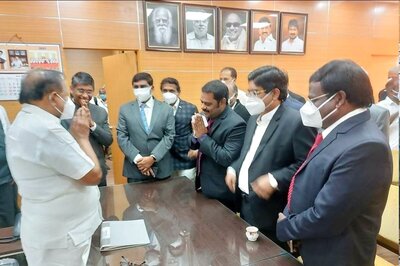
views
New Delhi: The Supreme Court on Thursday invited suggestions from the public in an attempt to improve the collegium system of judicial appointment.
Those who are having vast knowledge of Indian judiciary are welcome with their suggestions by November 13 and the apex court is likely to hear the suggestions on November 18 or 19.
A three member committee comprising Attorney General, Chairman of Bar Council of India and senior advocate Fali Nariman has been constituted by the apex court to decide on the lawyers who would argue the case.
Speaking to mediapersons, former Attorney General Soli Sarabjee welcomed the decision taken by the Supreme Court. “It’s a good move", he said.
On November 3, Supreme Court had ruled out wholesale changes in the collegium system but agreed to consider suggestions on transparency, criteria for selection of judges and setting up a secretariat for its efficient functioning.
The government on April 13, 2015 had notified the National Judicial Appointments Commission Act (NJAC), 2014 and the Constitution (Ninety-ninth Amendment) Act, 2014 for bringing in a change in the collegium system for appointment of Judges in Supreme Court and High Courts.
The Constitution (Ninety Ninth Amendment) Act, 2014 provides for the composition and the functions of the proposed NJAC.
The government claimed that the acts provide for a transparent and broad-based process of selection of Judges of the Supreme Court and High Courts by the NJAC.
The NJAC was to be chaired by the Chief Justice of India as in the earlier collegium system. The NJAC membership had to include two senior most Judges of the Supreme Court, the Union Minister of Law and Justice, two eminent persons to be nominated by a committee of the Prime Minister of India, the Chief Justice of India, and the Leader of the Opposition in the House of the People, or if there is no Leader of the Opposition, then the Leader of the single largest Opposition Party in the House of the People.
With a view to ensure that the composition of the NJAC is inclusive, the government said that the Act provided that one of the eminent persons shall be nominated from amongst persons belonging to the Scheduled Caste, the Scheduled Tribes, Other Backward Classes, Minorities or Women. The NJAC was to frame its own regulations.

















Comments
0 comment